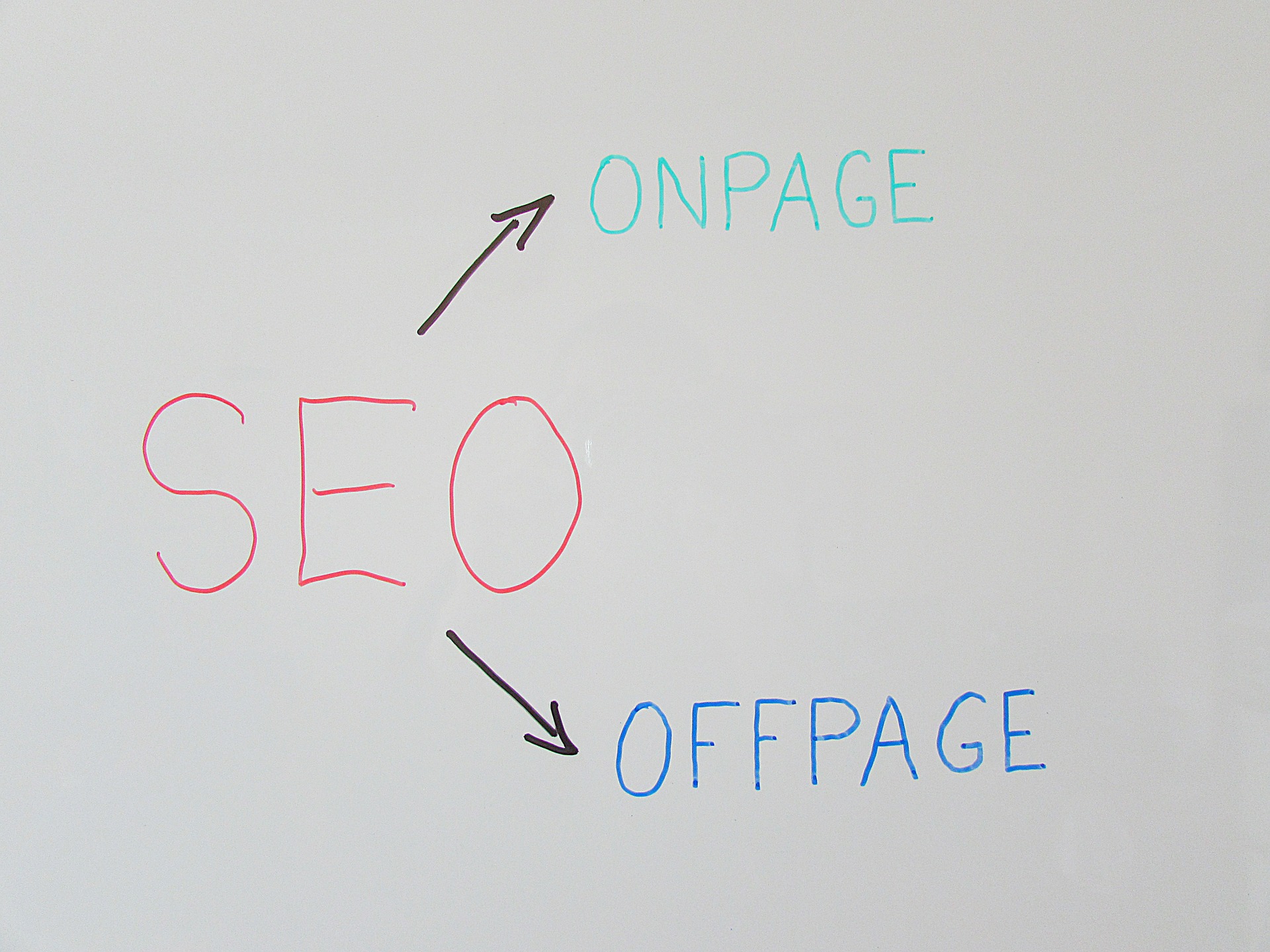On-Page Factors?
Even though Search engines has significantly improved the value of off-page SEO position aspects, it is still very essential that you use essential on-page SEO techniques on your site. Otherwise, you will be at a drawback in comparison to websites that improve their squeeze WebPages successfully. There are probably a several number of getting age components (if not more) that the Google consider in their position methods.
With that said, there are only a few aspects that are essential enough for you to fear about. Here is a brief description of these on page SEO factors:
Every online look for motor aspects a page’s Headline into their position criteria. Because of this they should never be left out. Although their comparative value has probably been in stable decrease for several decades now, they are still a important position aspect. They are also essential because they are almost globally used by Google as the anchor-text for your page’s record in their online look for motor WebPages.
Meta Information Tags
The Meta Information tag is the second-most essential aspect to consist of in a getting page’s Head area. The material of the Meta Information should be appropriate to the site and assistance the concept recognized in your Headline tag. Meta Explanations generally intricate on the Headline while also presenting additional keywords and words that may not have been essential enough to show in the Headline. The Meta Keywords tag is another Meta tag that many SEOs concentrate on even though their value has been almost absolutely reduced. We do not recommend investing any time improving them – your attempt would be better targeted elsewhere.
Body Content
Having enhanced Headline and Meta Information labels will not help much if you do not have material on your WebPages to back up their material. Several decades ago it was possible to see important position developments by improving Headline labels on a extensive without having to modify duplicate. This is no longer the case. It is essential that all of your squeeze WebPages implement the words you are trying to improve for in non-hyperlinked system material. Otherwise, you will be unlikely to see the SEO outcomes you want.
Heading Tags
Heading labels (e.g., <h1>, <h2>, etc.) specify the subject of segments or sections on a web page. They are analogous to the statements of a paper and should study in much the same way. Going tag material has generally been heavy more than conventional written text by Google. It’s difficult to know just how essential they are for SEO these days, but they are probably not absolutely reduced. Because of this, they should be enhanced so that they contain high concern keywords and words.
Other Factors
Again, we do not mean to recommend that the four on-page components detailed above are the only aspects regarded by Google in their position computation. For example, you may have web page layouts that contain a large number of collections of on-page, java test or CSS conditions that could quickly be externalized. Although these aspects may not have an effect on a page’s position, it can impact the functionality and loading time of a web page which would in convert ultimately impact its position.
